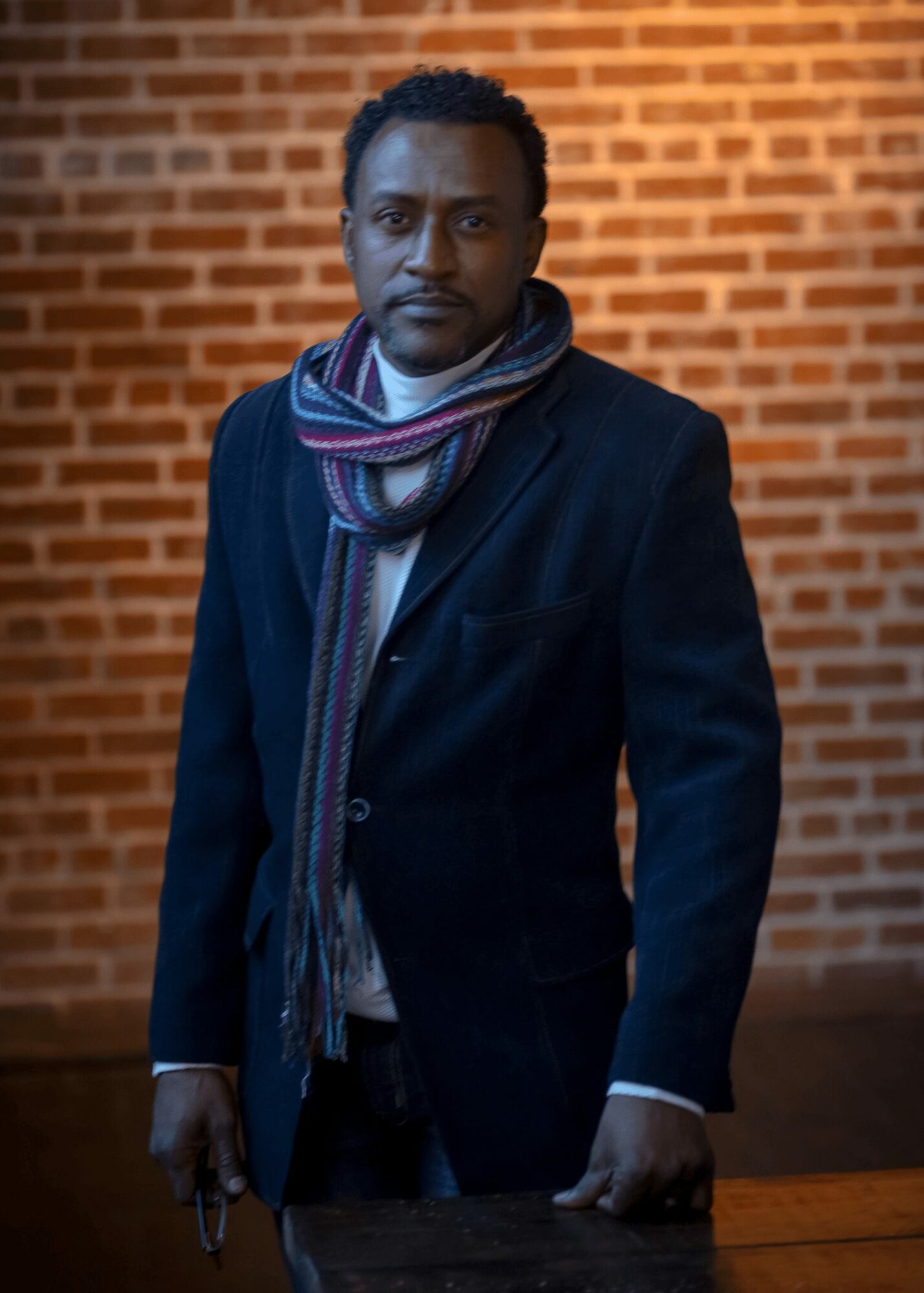

Today we’d like to introduce you to Anthony R. Page.
Hi Anthony R., thanks for sharing your story with us. To start, maybe you can tell our readers some of your backstory.
When I saw The Wizard of Oz as a kid, I knew that was it for me. I didn’t have the language for it at the time, but I felt the magic of storytelling in my bones. I always hoped that one day I could be part of creating something that touched people in that way.
I grew up in Belvedere, South Carolina, and my first creative outlet was music—I played trumpet all through school. After high school, I joined the U.S. Navy (engineering, avionics, and electronics). That experience taught me discipline and gave me a global perspective, but my heart was still pulling me toward the arts.
When I moved to Atlanta, I doubled down—earning degrees in accounting, finance, theater, and film & video production, while also studying business and leadership at places like Georgia State, NYU, Harvard, and Emory. I wanted both the creative skills and the business foundation to thrive in an industry that often overlooks Black voices.
I started out on stage and in small film and television roles, but over time I found my purpose in producing, directing, and building spaces for others. That path led to creating Blue Bistro Creative, launching the Studio Blue Acting Conservatory, co-founding the Black Entertainment Economic Council, and now leading the Alma Film Festival. At its core, the Alma Film Festival is a research-centered platform powered by cutting-edge technology, deep audience engagement, and inclusive luxury. Along the way, I’ve also been publishing the Afro-Mosaic Cinema Journal & Summit and The Blue Series: A Theater Anthology, projects that extend my mission to amplify diverse voices in both film and theater.
All of this work is guided by my six Pillars of Purpose: Conversation, Connection, Community, Collaboration, Cultural Diplomacy, and Collective Growth. In everything I do, I aim to spark conversations that cultivate meaningful connections and strengthen our sense of community. From this shared foundation, I hope to inspire greater collaboration, leading to cultural diplomacy and collective growth.
Would you say it’s been a smooth road, and if not what are some of the biggest challenges you’ve faced along the way?
It definitely hasn’t been a smooth road. I’ve faced challenges at every stage—personally, professionally, and institutionally. Coming from a small town and then the Navy, I didn’t have an automatic network in the entertainment industry. I had to build everything from the ground up, often while people questioned whether I belonged in certain spaces.
There have been financial struggles, doors that were closed because I wanted to tell stories from perspectives that weren’t always valued, and moments where balancing the creative side with the business side felt overwhelming. Being a Black creative, I’ve also had to navigate systemic barriers in both film and theater—constantly pushing to make room for voices and stories that are too often overlooked.
But each challenge has been a lesson. Those setbacks taught me resilience, sharpened my vision, and reminded me why I do this work. They also shaped the way I lead the Alma Film Festival and my other initiatives: creating ecosystems where collaboration, inclusion, and innovation aren’t afterthoughts but the foundation.
Can you tell our readers more about what you do and what you think sets you apart from others?
At the core, my work is about identity—who we are and what we could be. Growing up, I didn’t see the diversity of Black humanity reflected in major TV, films, or media. Too often, our stories were flattened into stereotypes or sidelined altogether. That gap pushed me to dedicate my career to creating platforms that expand how we are seen and how we see ourselves.
I specialize in producing, directing, writing, and curating cultural experiences that bring overlooked voices to the forefront. Through projects like the Alma Film Festival, the Studio Blue Acting Conservatory, the Afro-Mosaic Cinema Journal & Summit, and The Blue Series theater anthology, my goal has always been to connect audiences with stories that are authentic, complex, and globally rooted.
What I’m most proud of is building spaces where others can shine—where filmmakers from the Global South, emerging actors, and underrepresented creatives can showcase their work on the same stage as more established voices. I’m not just interested in telling stories; I’m interested in building ecosystems where storytelling thrives.
What sets me apart is that I approach this work as both an artist and a strategist. I combine creativity with research, data, and structure, so everything I build is sustainable and impactful. My Six Pillars of Purpose—Conversation, Connection, Community, Collaboration, Cultural Diplomacy, and Collective Growth—aren’t just ideas; they are the blueprint that guides everything I do.
What are your plans for the future?
Looking ahead, my focus is on using the platform of the Alma Film Festival to connect, collaborate, and facilitate cultural exchange around the world. The festival is more than a series of screenings—it’s a living ecosystem where filmmakers, audiences, and communities come together. My goal is to integrate unique voices, nurture new stories and storytellers, and build bridges between cultures that may not otherwise cross paths.
I’m excited about expanding our global network of collaborators, strengthening our fellowship programs, and pushing further into the intersection of film, technology, and cultural diplomacy. I want Alma to be a place where the next generation of filmmakers—especially from the Global South—find not only visibility but also meaningful support, mentorship, and opportunities.
Ultimately, I’m planning for long-term impact. That means growing the festival into a hub for research, innovation, and cultural dialogue, while continuing initiatives like the Afro-Mosaic Cinema Journal and The Blue Series, a performance series of short plays that explores identity and global storytelling through theater. The big change I see on the horizon is shifting how festivals operate: moving beyond being showcases for finished work to becoming engines that help shape the future of storytelling itself.
Contact Info:
- Website: https://anthonyrpage.blogspot.com/
- Instagram: https://www.instagram.com/anthony.r.page/
- Facebook: https://www.facebook.com/anthony.r.page
- LinkedIn: https://www.linkedin.com/in/anthonyrpagefilmtvtheater/
- Youtube: https://www.youtube.com/@AnthonyRPageBlueBistroCreative
- Other: https://www.facebook.com/groups/afromosaiccinemacircle
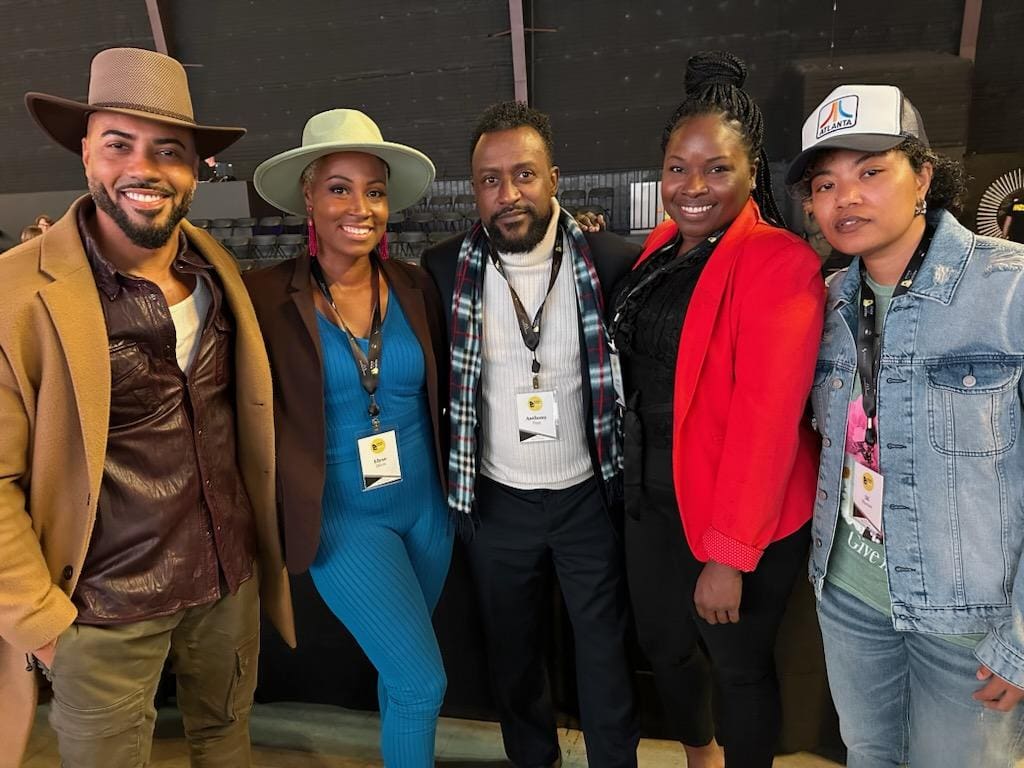
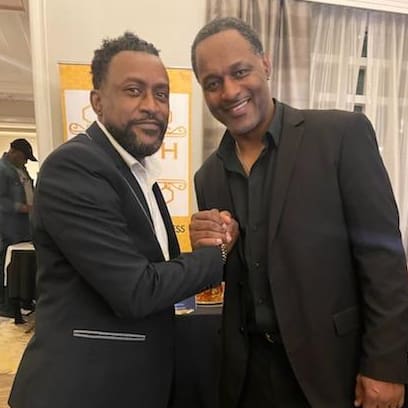
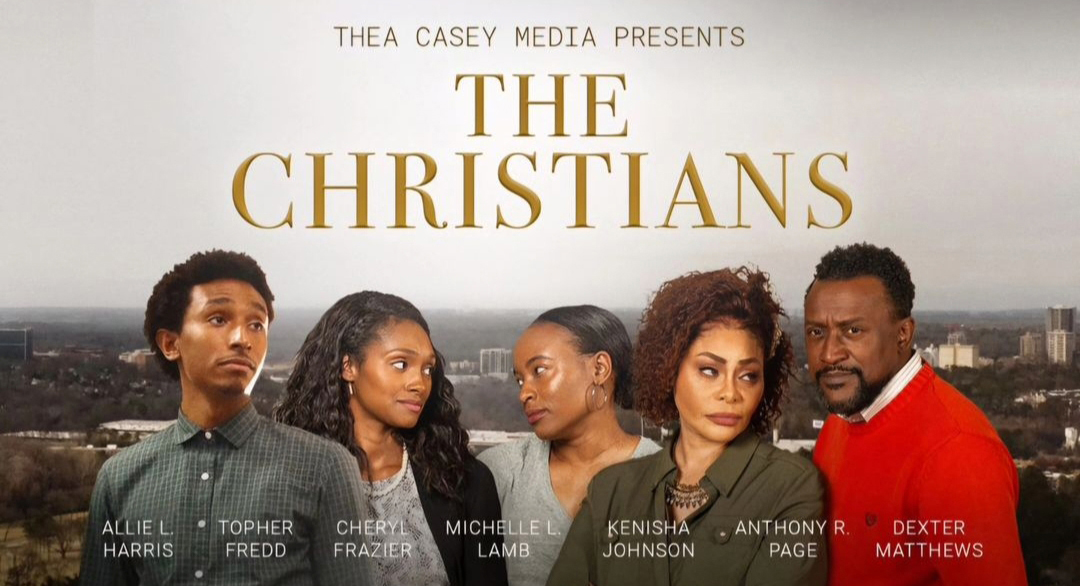
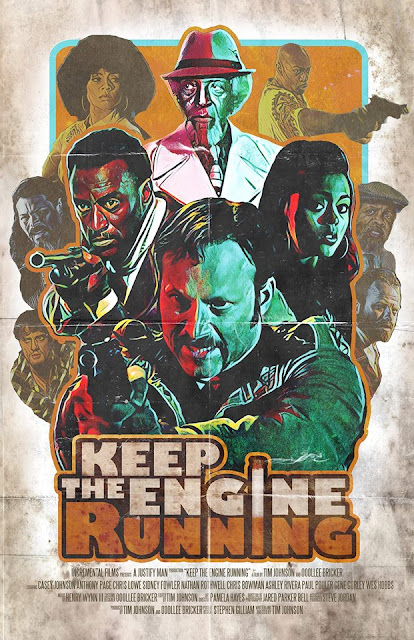
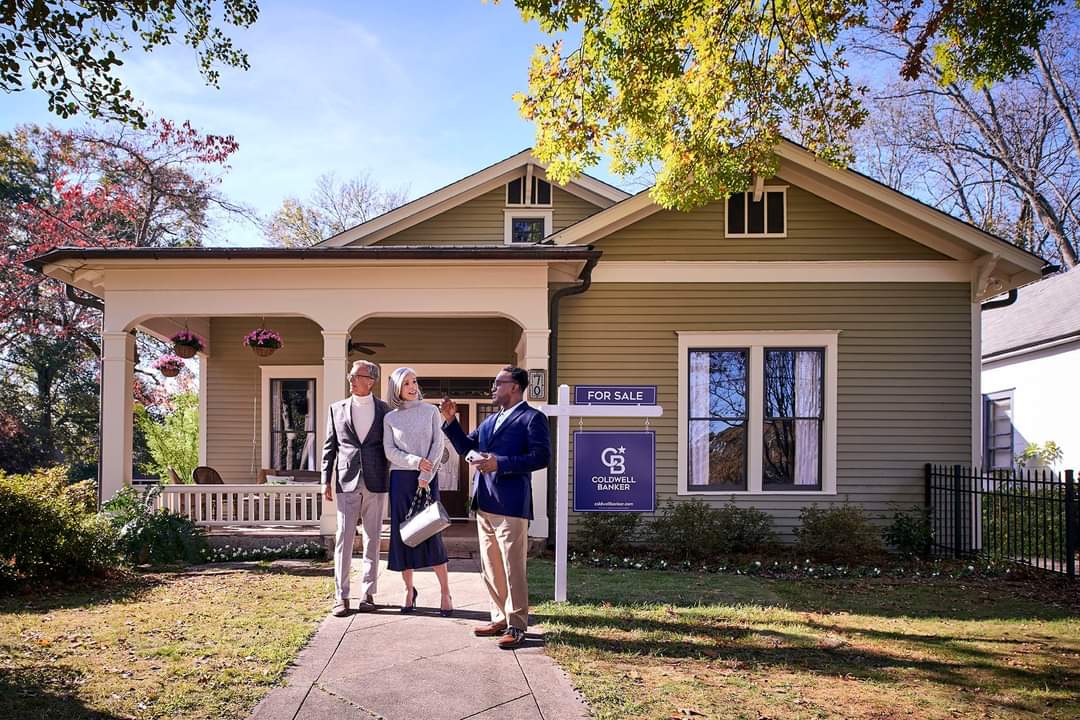
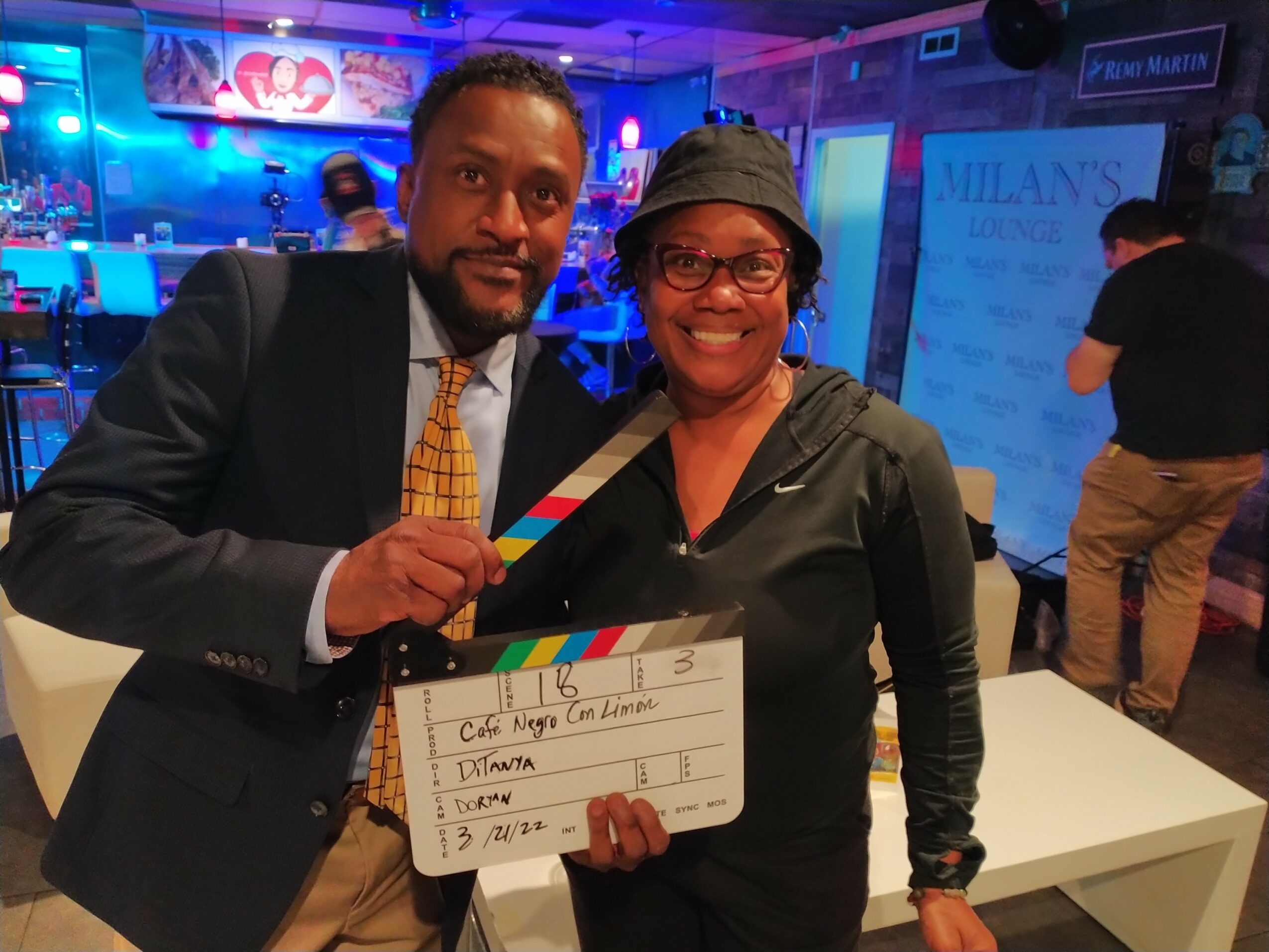
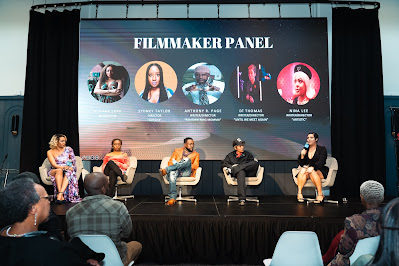
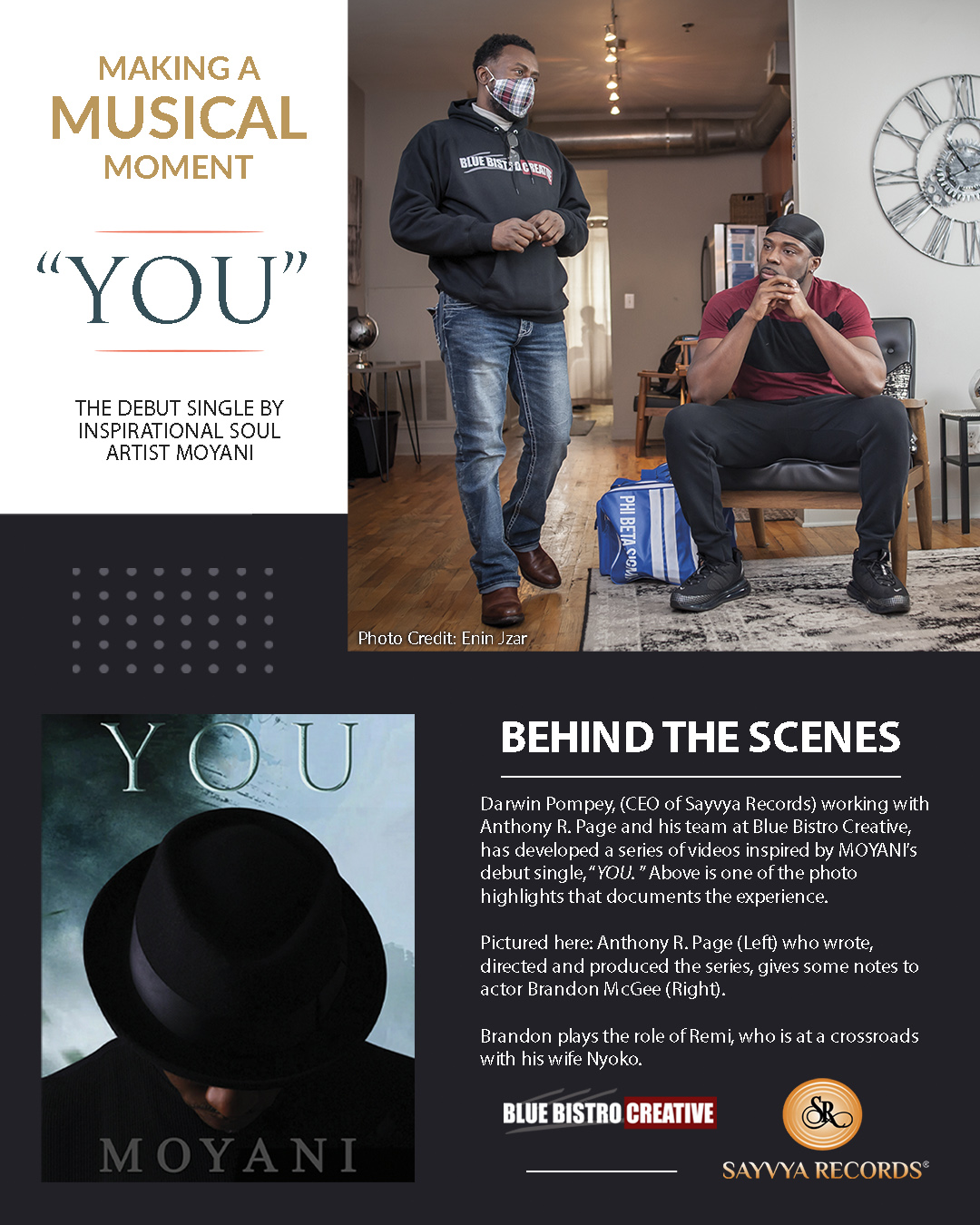
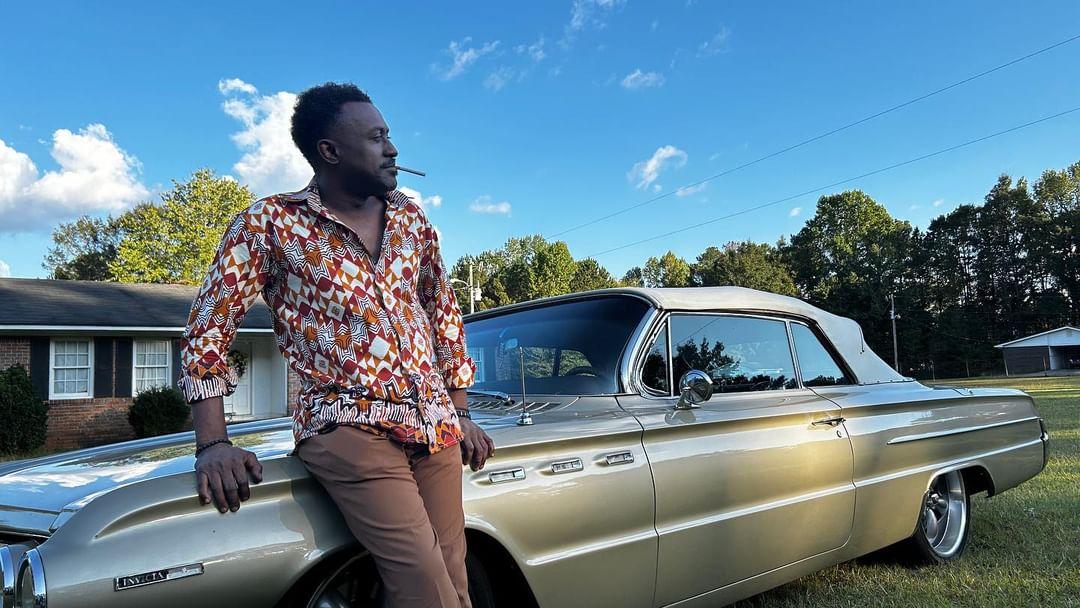
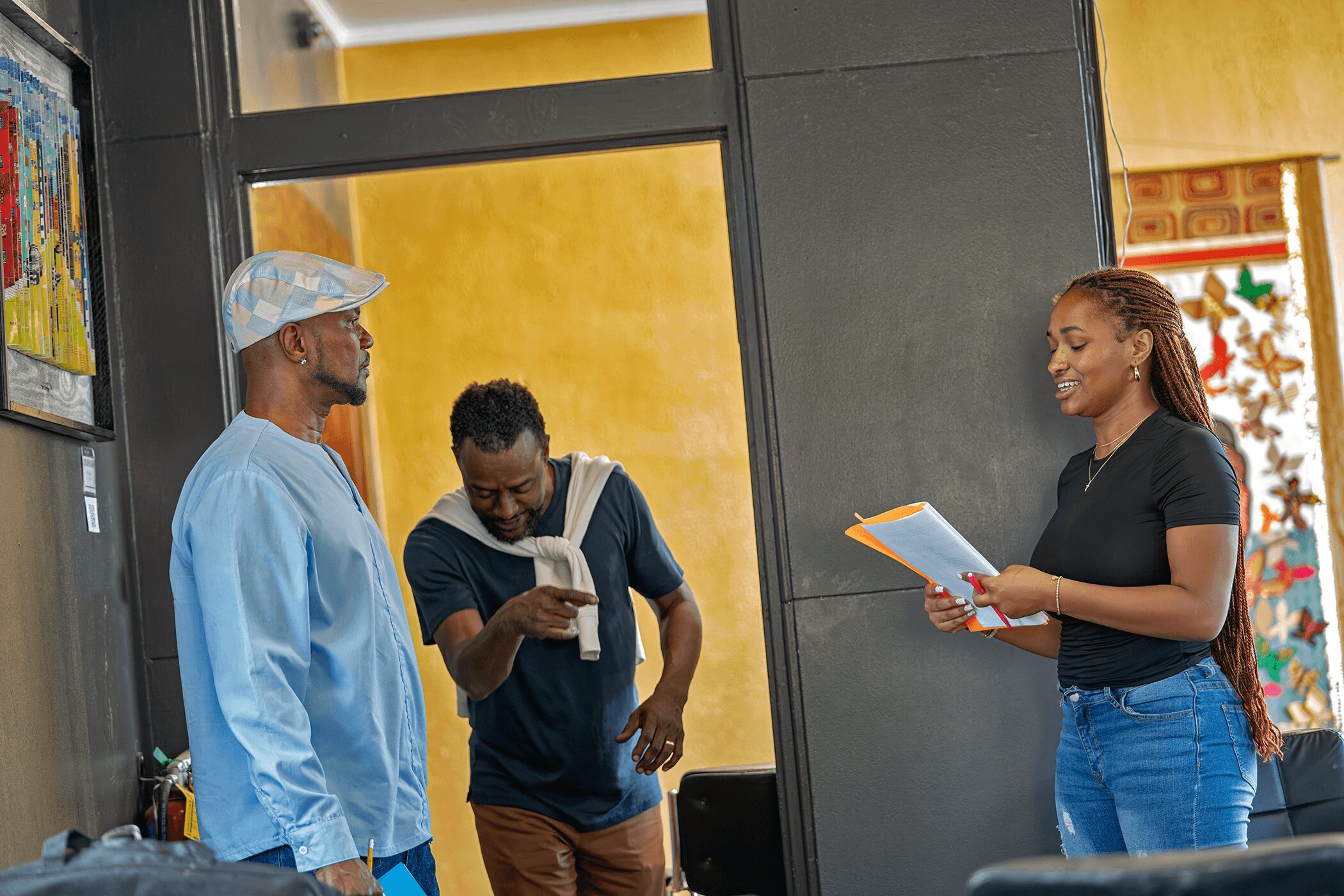
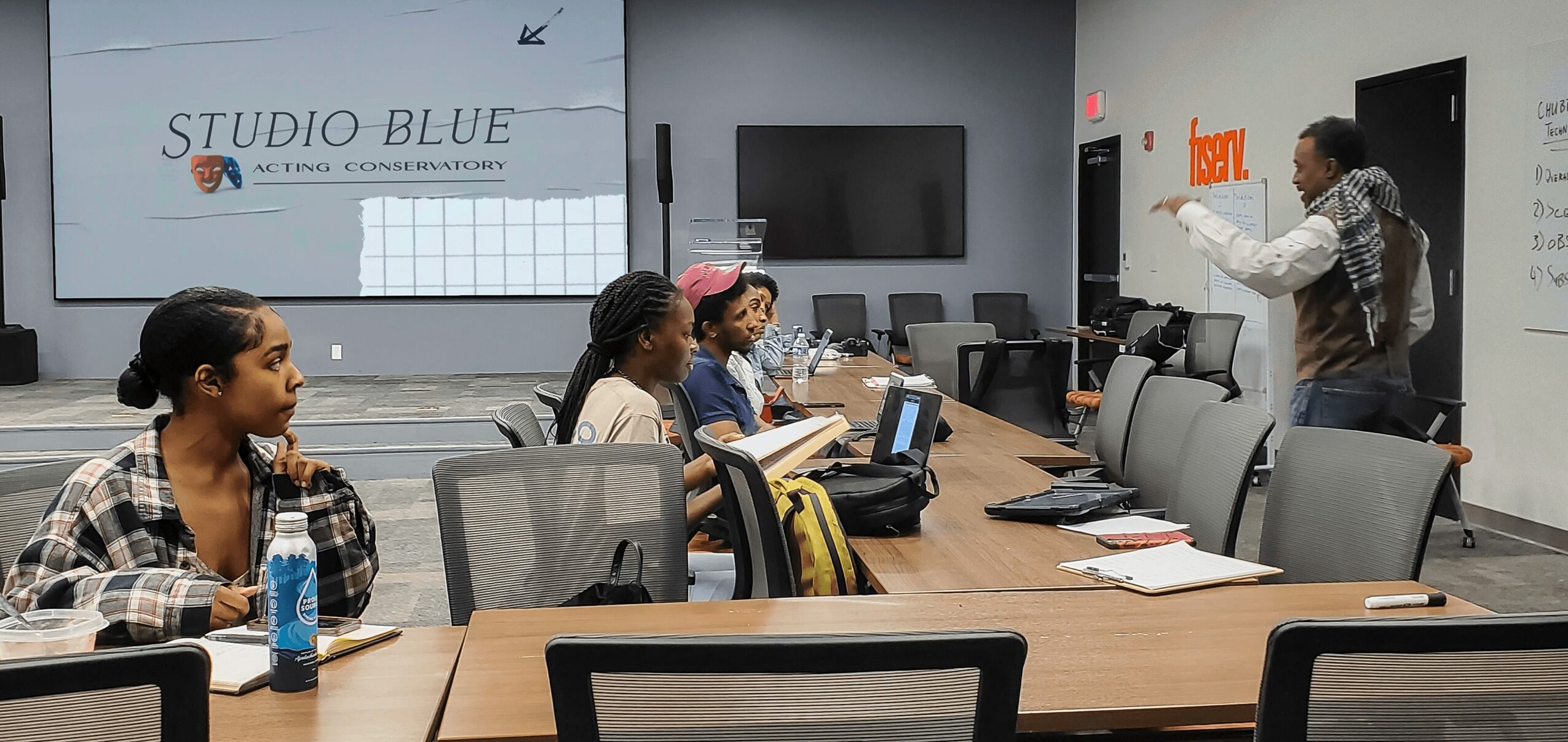
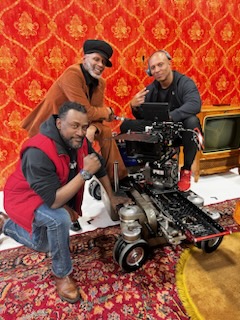
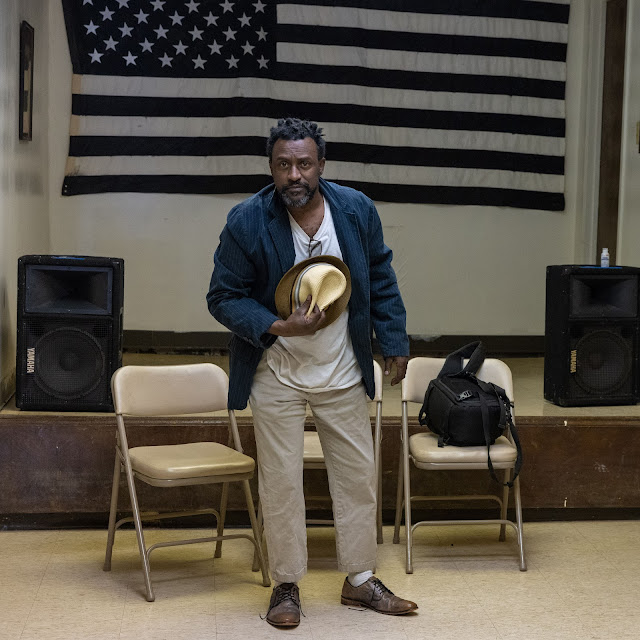
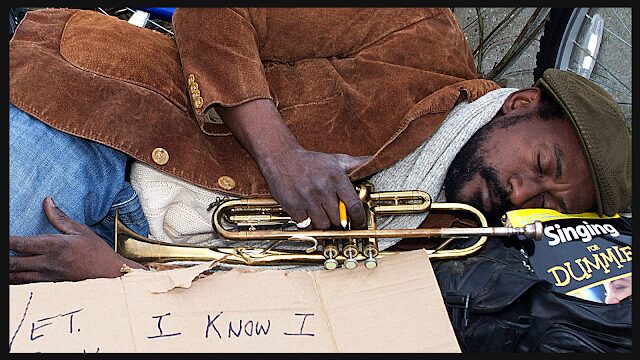
Image Credits
Photo by Tim Rogers













